

Glasgow 2014 - XX Commonwealth Games
By Francis Saldanha
Bellevision Media Network
17 Jul 2014: The roots of the Commonwealth go back over 140 years, when most of the Commonwealth nations and territories were part of the British Empire. After World War II the empire was gradually dismantled and the Commonwealth came in to its present form 1949, when it was agreed that all member nations should be free and equal to each other. This focus on equality has helped the Commonwealth tackle issues such as racism, poverty and decolonization.
The Commonwealth Games, often referred to as the Friendly Games, has a unique place in sporting history. The first games were held in 1930 in Hamilton, Canada where 11 countries sent 400 athletes to take part in six sports and 59 events. Since then, the Games have been held every four years (except for 1942 and 1946 because of the Second World War).
The event has seen many changes, not least in its name. From 1930 to 1950 the Games were known as the British Empire Games and from 1954 until 1966 they were called the British Empire and Commonwealth Games. Later, from 1970 until 1974, they took the title of the British Commonwealth Games. Finally, at the 1978 Games in Edmonton, Canada this multi-sport event change its name to the Commonwealth Games.
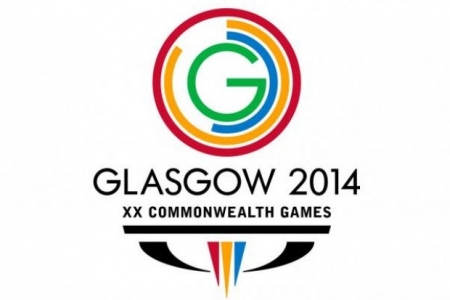
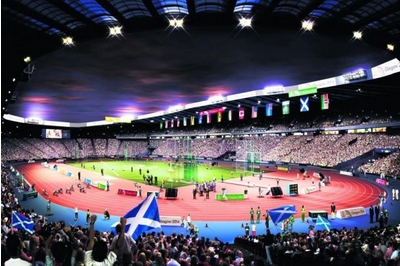
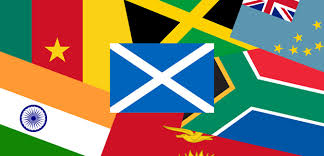
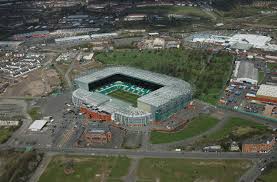
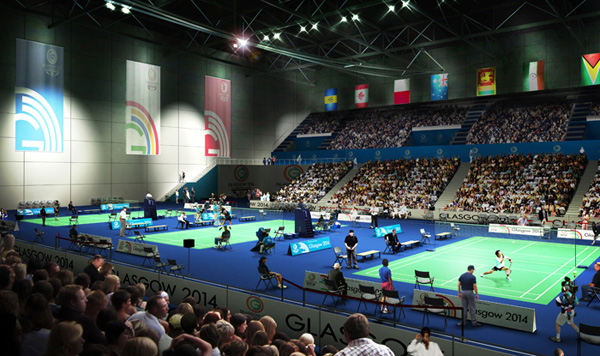
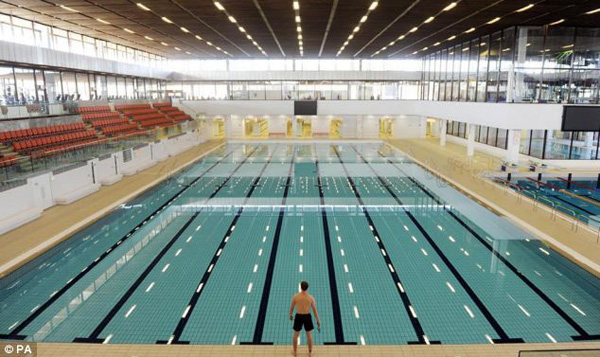
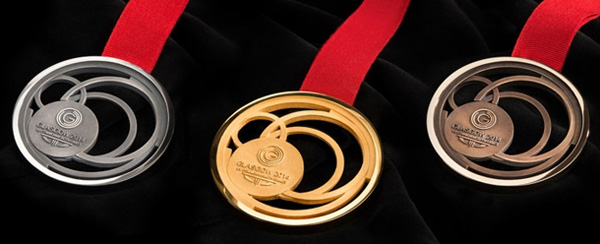
The Commonwealth is an association of independent sovereign states spread over every continent and ocean. The Commonwealth’s two billion people make up 30% of the world’s population and come of many faiths, races, languages, cultures and traditions. The Commonwealth Games Family is best described as all persons who are entitled to accreditation at the Games under the provisions of the CGF. The Commonwealth Games Federation (CGF) is the governing body of the Commonwealth Games, with overall responsibility for the direction and control of the Games. The Patron is Her Majesty Queen Elizabeth II and Vice Patron HRH The Earl of Wessex KG, KCVO. The CGA’s are the 71 recognized organizations responsible for preparing, selecting and sending a team of athletes and support staff to compete in each Commonwealth Games.
Glasgow 2014 Commonwealth Games is staged with 6500 athletes and officials from 70 countries competing in 17 sports over 11 days starting from 23 July – 3 August 2014. Clyde the games Mascot is the friendly face who is there to help everyone to enjoy the events and proudly represent Scotland, the venue of the games. As the Games bring the Commonwealth’s best athletes in to the host city, the festival 2014 will fill Glasgow with lot of exciting entertainment and culture from Scotland and around the world.
Apart from many Olympic sports, the games also include some sports that are played mainly in Commonwealth countries. Only six teams have attended every Commonwealth Games: Australia, Canada, England, NewZeland, Scotland and Wales. Australia has been the highest achieving team for twelve games, England for six and Canada for one.
From the precision of lawn bowls to the exciting combat of wrestling and judo, from the high adrenaline of track events to the grace and beauty of gymnastics, in 2014 Glasgow will be the stage for a fantastic summer of sport, as well as a range of cultural and arts events open to everyone. The biggest-ever number of Para-sports medals in Commonwealth Games history with 22 medal events in total. An innovative new triathlon mixed relay event, the first Para-sport cycling (track) event and additional participation with medal opportunities for female athletes in shooting makes Glasgow Commonwealth Games unique. All in all there will be 17 sports, like Aquatics, Athletics, Badminton, Boxing, Gymnastics, Hockey, Judo, and Lawn bowls, Netball, Rugby Sevens, Shooting, Squash, Table Tennis, Triathlon, Weightlifting, Wrestling and Para-sport.
For a nation in love with Saina Nehwal, the rise of young P.V. Sindhu refreshing, while shooter Heena Sidhu and the other Indian women’s shooting team showed they were hot shots. India has competed in fourteen of the eighteen previous Commonwealth Games; starting at the second Games in 1934, hosted the games one time in 2010, at Delhi. It was India’s most successful Commonwealth Games to date with Indian athletes winning 38 gold, 27 silver and 36 bronze medals. In the process India came second in the medal tally for the first time, and is now fourth in the all-time tally of medals, with an overall total 372 medals (141 Gold, 123 Silver, and 108 Bronze). India’s first ever medal was won by Rashid Anwar who won bronze in Welterweight category of Wrestling.
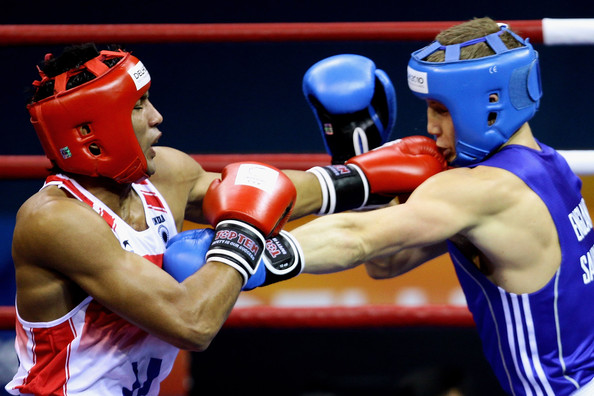
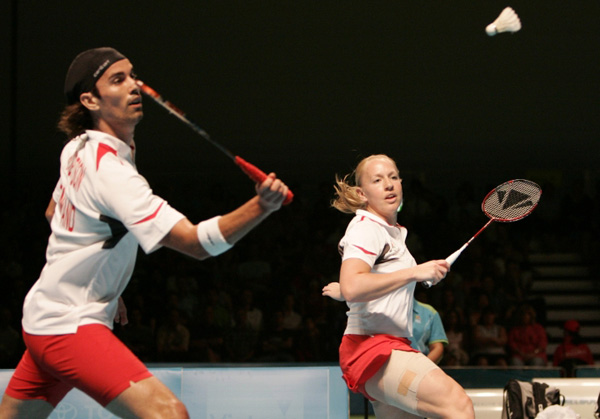
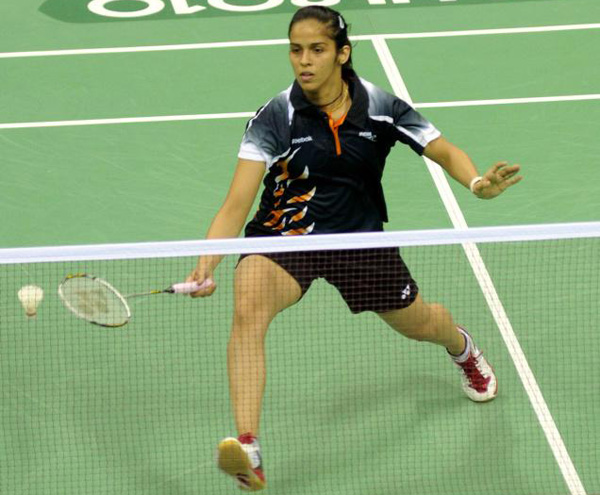
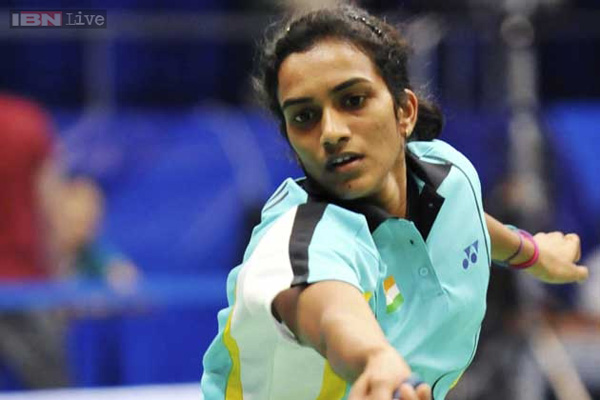
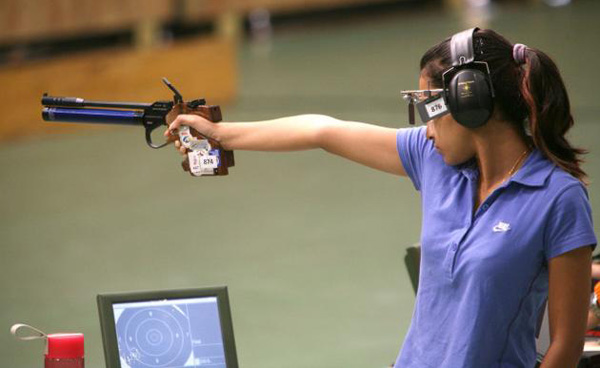
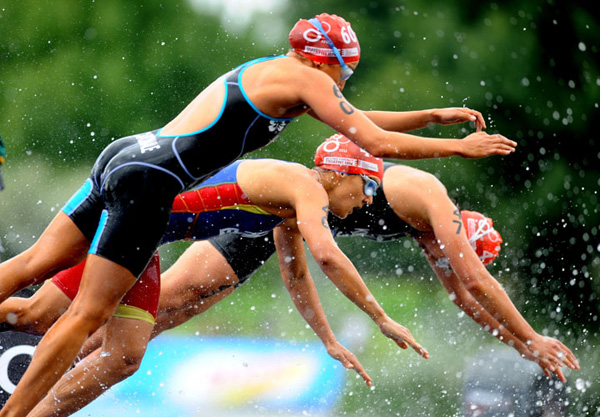
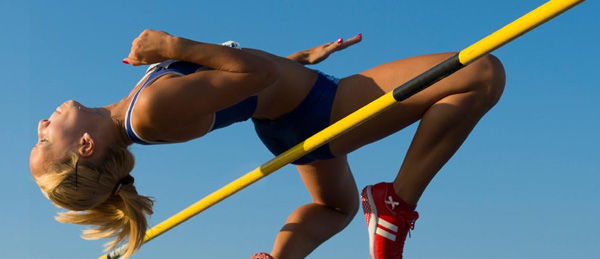
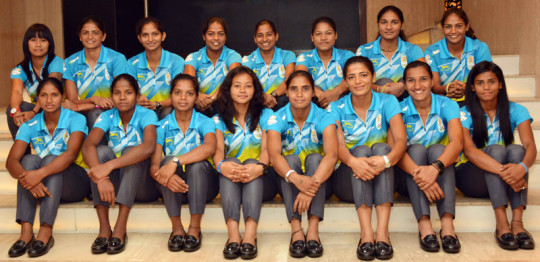
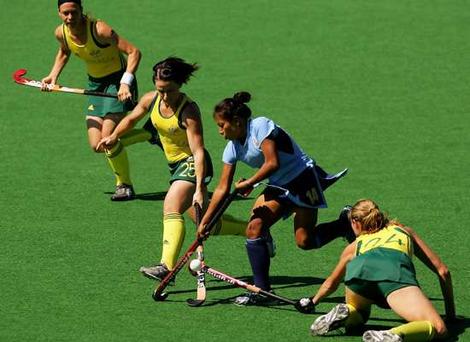
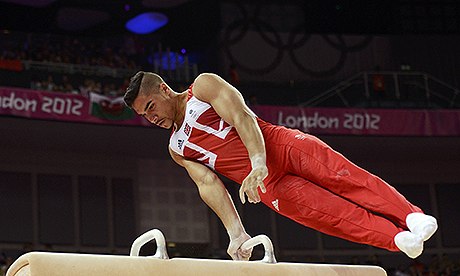
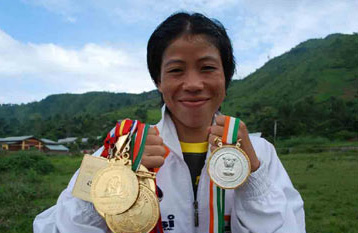
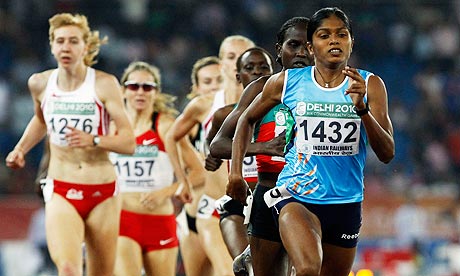
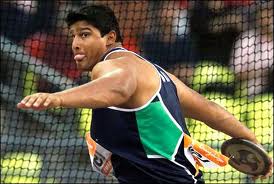
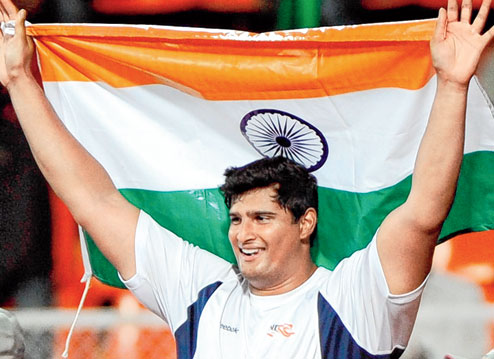
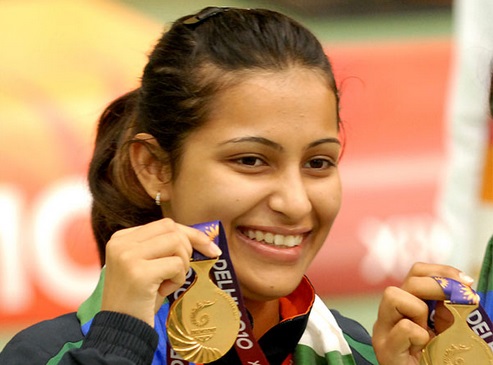
The Commonwealth Games will begin in a few days from now. Wrestling Federation of India secretary general Raj Singh, named as Chef-de- Mission of India’s strong contingent with some star performers in the international arena. The whole nation will get behind Indian athletes as they try to better their Delhi games performance four years ago pinning their medal hope on many events like Boxing, Wrestling, Shooting, Weightlifting in particular, where India has done extremely well in earlier games. India’s throwers have been doing well; there will be expectations from the sprinters and the jumpers, too. In the women’s 800m, Tintu Luka is looking good while thrower Vikas Gowda has been performing really well. Veteran Discus thrower Krishna Poonia, Mayookha Johny(women’s long jump), Javelin thrower Annu Rani, Sahana Kumari(women’s high jump), Ravinder(men’s javelin) are the other athletes in the team to do well for India. India’s Men’s and women’s Hockey teams lead by Sardar Singh & Ritu Rani are expected to boost the medal tally further. The Indian badminton team is also very high on confidence after their recent performances are in the reckoning and medal prospects for India in the Commonwealth Games in Glasgow 2014.
This will be the third time Scotland has hosted the Commonwealth Games, with Edinburg hosting twice, 1970 and 1986 and first time that Glasgow has played host to this spectacular event. People across Scotland have always supported the Commonwealth Games and the excitement when the Games are here is unique. Whether you are an athlete, sports fan, volunteer or baton bearer, the countdown to Scotland’s biggest ever party is truly on. Throughout 2014 there are going to be plenty of ways to be part of the Games, so get involved!